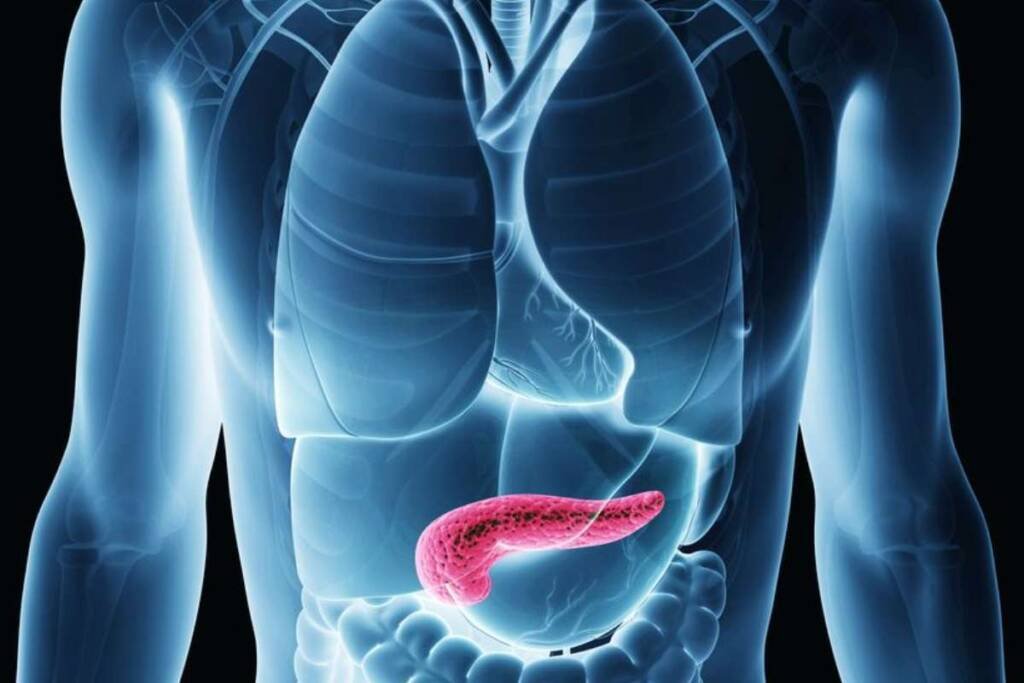Source – RenovoRx
The interim results of the Phase III TIGeR-PaC study (NCT03257033) presented at the 2023 European Society of Medical Oncology (ESMO) World Congress on Gastrointestinal Cancer have shown that intra-arterial (IA) administration of RenovoGem (gemcitabine) in patients with locally advanced pancreatic cancer (LAPC) led to prolonged progression-free survival (PFS).
Among the 23 patients analyzed, the median PFS was 15 months with RenovoGem compared to 7 months with the standard of care treatment of gemcitabine plus nab-paclitaxel. The study’s primary endpoint, overall survival (OS), also favored RenovoGem with a median OS of 16 months compared to 10 months with gemcitabine/nab-paclitaxel. It’s important to note that the OS results excluded approximately 5.5 months of life from the time of diagnosis to randomization during the induction chemotherapy and radiation Phase of the study.
Safety data from TIGeR-PaC revealed that the experimental arm experienced a reduction of more than 65% in adverse events compared to the control arm.
The study enrolled a total of 330 patients with LAPC who were randomly assigned to different treatment arms. In the experimental arm, patients received IA gemcitabine 1000 mg/m2 administered bi-weekly for up to 8 treatments over approximately 16 weeks. In the control arm, patients were treated with intravenous (IV) gemcitabine 1000 mg/m2 and nab-paclitaxel 125 mg/m2 on days 1, 8, and 15 of a 28-day cycle.
In addition to OS and the key secondary endpoint of PFS, the study examined objective response rate, health-related quality of life, neuropathy assessment, frequency of neutropenia, patient-reported symptoms, and safety as secondary endpoints.
Eligible patients in the study had confirmed LAPC, an ECOG performance status of 0 or 1, adequate laboratory values, and a life expectancy of more than 12 weeks. All enrolled patients agreed to participate for at least 8 months. Female participants were required to have a negative pregnancy test and use contraception during the study.
Patients were excluded from the TIGeR-PaC study if they had previously received treatment for pancreatic cancer, prior anti-cancer therapy, recent antibiotic use, contraindications for radiation therapy, or underwent specific procedures before the start of the study. The study also excluded individuals with metastasis, HIV or active viral hepatitis, severe infections, cardiovascular disease, severe concurrent diseases, or comorbidities that could interfere with study participation.
“The TIGeR-PaC study results reinforce the intended clinical advantage that TAMP brings to pancreatic cancer treatment, versus the non-targeted approach of the current standard of care IV therapy. The first look at interim analysis data of our pivotal trial supports this important advantage in overcoming the barrier of solid tumors in resisting drug uptake.”
– Ramtin Agah, MD, chief medical officer, RenovoRx





























